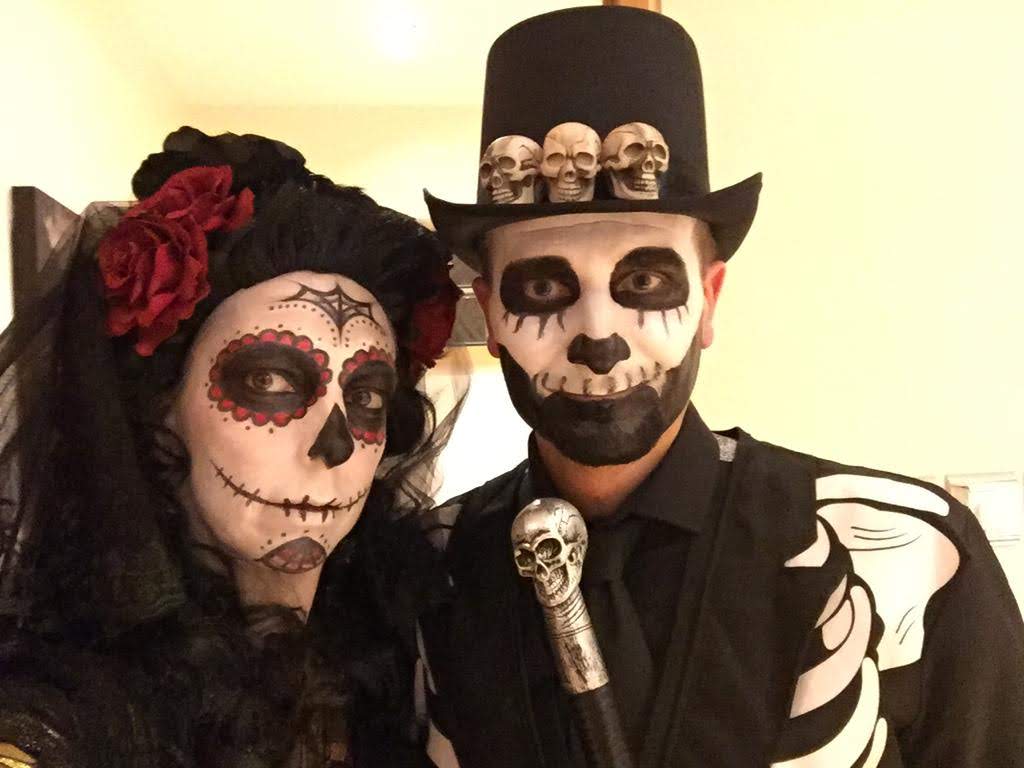How to Talk about Autism Respectfully – Field Guide
This is a good guide, and very informative:
If you take away nothing else from this essay I’d like you to take this: one of the core mottos of our community comes from South African disability rights activism: “Nothing About Us Without Us.” If you can keep those five words in your mind when writing about Autistic people your journalism is going to get a lot better.
https://coda.io/@mykola-bilokonsky/public-neurodiversity-support-center/how-to-talk-about-autism-respectfully-84
If you take two things (and let’s be real, I want you to take more than two things but I’m a pragmatist) it’s that you shouldn’t be writing about Autism if you don’t understand the Double Empathy problem, covered below.
Finally, if this whole thing is overwhelming, let me please ask that before you bail out you scroll to the end and look at the Resources section. I’ve provided links to groups who can help you fact-check and sensitivity-read your work.
After all, you wouldn’t write about gay people without interviewing gay people, right? You wouldn’t support a women’s rights organization run entirely by men, whose policies directly contravene what the women they’re advocating for say they want, I assume? You wouldn’t listen to the caretaker of a speaking but physically disabled person speak over that person in a story about disability, right?
So remember that we have been systemically excluded from agency in our own lives, in small and large ways, for decades. And understand that when we say “Nothing about us without us” we are not expressing a preference, we are setting a boundary in terms of what respectful representation looks like.
